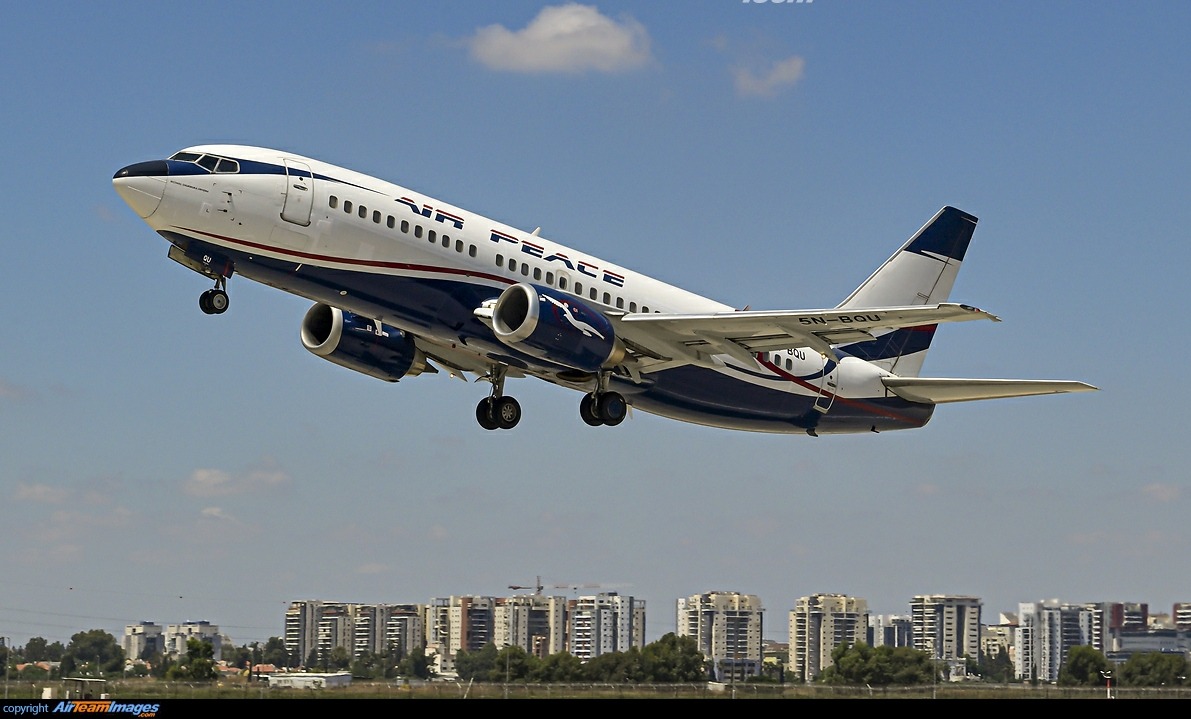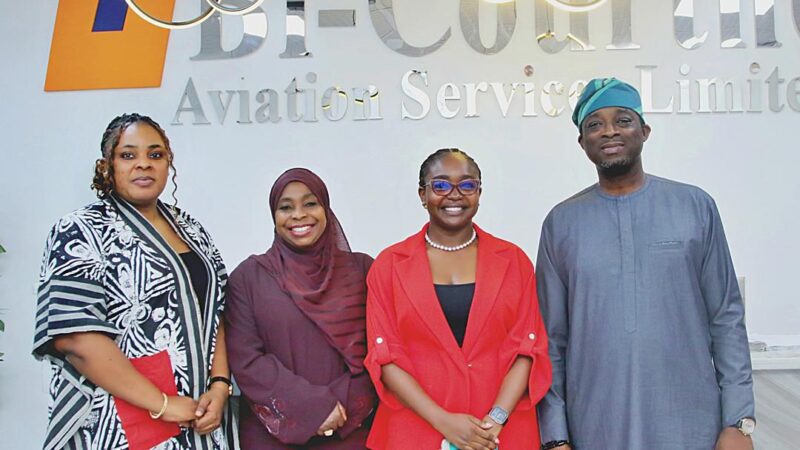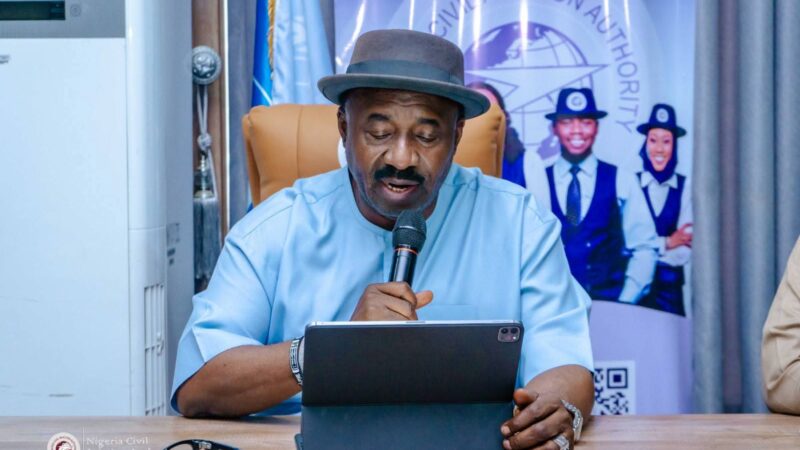Air Peace Partners Boeing, Cranfield University to Enhance Aviation Safety Culture

Air Peace, Nigeria’s premier airline and West Africa’s largest carrier, has partnered with global aerospace giant Boeing and the renowned Cranfield University in the UK to bolster safety standards and operational excellence.
In a statement signed by Ejike Ndiulo, Head of Corporate Communications at Air Peace, the airline said this collaboration underscores its commitment to cultivating a robust safety culture within its operations.
Under the aegis of the Boeing Global Learning Institute (BGLI), the partnership delivered a five-day intensive classroom training programme titled Advanced Leadership in Safety Excellence.
The training brought together top executives, departmental heads, and safety leaders of Air Peace.
Designed to sharpen safety leadership skills, the programme aimed at fostering a culture of continuous improvement within the organisation while providing tools to implement transformational workplace safety practices.
The initiative aligns with Air Peace’s long-standing vision of embedding safety as a fundamental value in its operations.
It sought to empower its leaders to manage risks effectively, inspire high-performing teams, and lead with confidence in a dynamic aviation landscape.
Harry Magui, Senior Organisational Consultant and Programme Manager at Boeing Global Learning Institute, emphasised Boeing’s dedication to supporting its partners through continuous learning.
“The Boeing Global Learning Institute designs and delivers programmes that develop leadership, business, and technical skills. These efforts help our partners, like Air Peace, improve business processes, increase operational efficiency, and grow their businesses,” Magui said.
He praised Air Peace for its proactive approach to safety, describing the airline as a “phenomenal partner advancing Nigeria’s aviation industry.”
Cranfield University, a global leader in aerospace education and research, contributed its expertise to the programme. Prof Graham Braithwaite, Head of Aerospace at Cranfield, highlighted the importance of aligning the training with Air Peace’s unique challenges.
“This collaboration ensured the training directly addresses Air Peace’s operational realities, culminating in capstone projects with lasting impacts,” Prof Braithwaite noted.
Dr Fabian Steinmann, a Lecturer in Organisational Resilience and Change at Cranfield, lauded Air Peace’s progress, stating, “Safety is at the heart of everything we do. This collaboration allowed us to share global best practices, learn about local operations, and contribute to strengthening Air Peace’s systems to adapt to the ever-evolving aviation environment.”
The programme featured two distinct phases. The first phase included interactive discussions led by Cranfield University experts to align Air Peace’s operational insights with programme objectives.
In the second phase, participants engaged with advanced tools and strategies for safety leadership, equipping them to implement these insights within their teams.
According to Captain Godfrey Ogbogu, Safety Manager at Air Peace, the training reinforced the airline’s safety commitments while equipping participants to navigate the ever-changing aviation industry.
“This well-structured training has exposed us to new avenues of learning, reinforcing our existing knowledge. Safety is a dynamic and evolving field, and Air Peace is committed to staying at the forefront,” Captain Ogbogu stated.
To ensure lasting impact, the programme included follow-up review sessions aimed at fostering accountability and ongoing development.
This dual focus on personal leadership growth and organisational transformation guarantees that safety remains integral to Air Peace’s strategy.
By partnering with Boeing and Cranfield University, Air Peace has embraced a global benchmark for safety in its operations.







